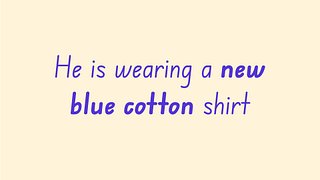

This ESL worksheet is perfect for B2-level teens and adults who want to strengthen their understanding of English grammar by learning how to use do, does, and did for emphasis. Through clear explanations, fill-in-the-blank activities, sentence rewrites, and practical dialogue prompts, learners explore how to highlight positive actions, respond to disbelief, and reinforce facts using this emphatic structure. Students will correct common mistakes, practice natural-sounding spoken English, and build confidence in expressing themselves more assertively and fluently. Excellent for improving grammar accuracy, speaking fluency, and nuance in tone and meaning.
